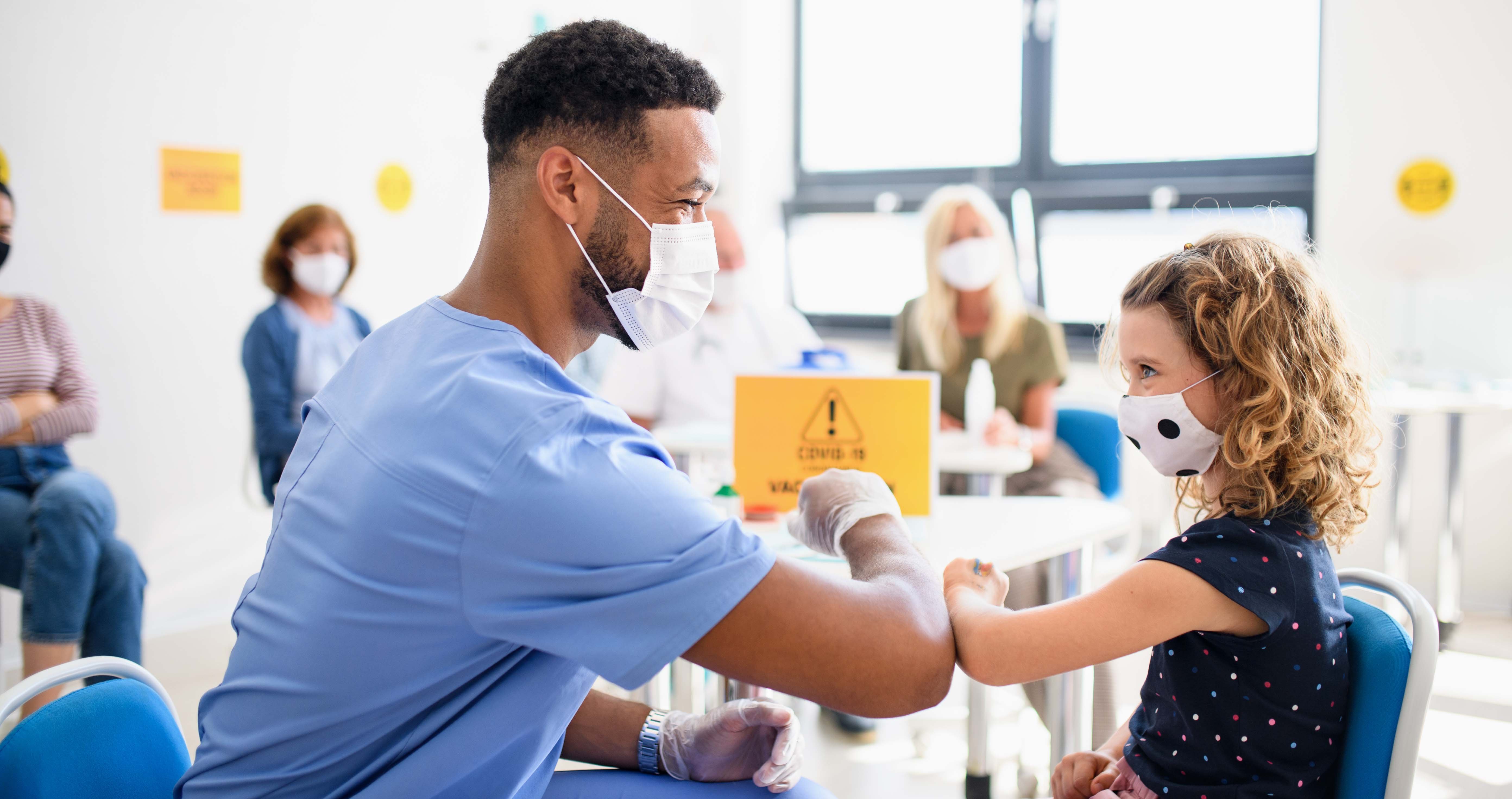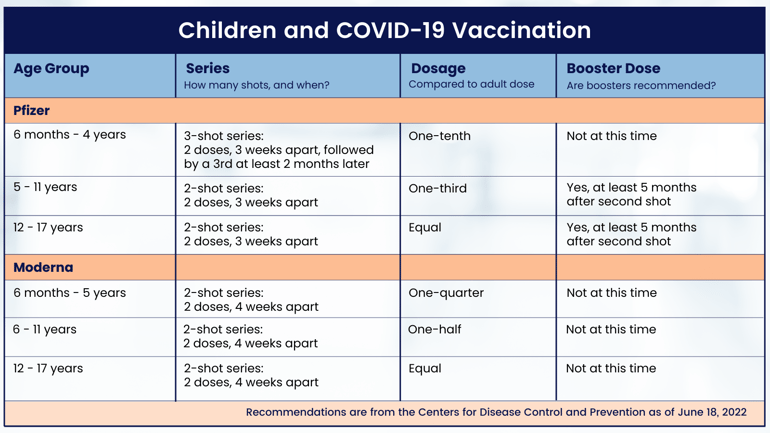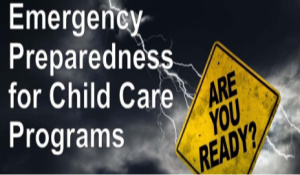
You’ve probably heard that last week the Centers for Disease Control and Prevention (CDC) recommended that children age 6 months and older should get a Pfizer or Moderna COVID-19 vaccine. The decision was made after reviewing data from clinical trials involving thousands of children, confirming the vaccine's safety and effectiveness for children in this age group. In May, the CDC also recommended that children age 5 and older who receive the Pfizer vaccine should get a booster at least five months after their second shot. As COVID-19 cases remain high across the country and summer travel begins, getting vaccinated is our best line of defense to protect all people, including children age 6 months and older, from getting severely ill with COVID-19. Child care professionals can play an important role in helping families find the information they need to make decisions about vaccines.
COVID-19 and its Impact on Children’s Health
Unfortunately, COVID-19 has become one of the top 10 causes of pediatric death, and tens of thousands of children and teens have been hospitalized because of the virus. While children and adolescents are typically at lower risk than adults of becoming severely ill or hospitalized from COVID-19, it is still possible, and the long-term effects of the virus are unpredictable. The vaccine is the best way to protect children from becoming severely ill or having long-lasting health impacts due to COVID-19.
Another important reason for children to consider the COVID-19 vaccine is to protect their friends, family and the larger community. The higher the vaccination rates, the lower the chances that the coronavirus will mutate into additional variants.
COVID-19 Vaccine Safety
Medical and public health experts, including the CDC and the American Academy of Pediatrics, recommend that children and adolescents age 6 months and older get a COVID-19 vaccine to help protect them from contracting and spreading the virus. Before the vaccine was recommended, scientists and medical experts reviewed safety and effectiveness data from clinical trials involving thousands of children. The COVID-19 vaccine is safe and effective.
How can CCR&Rs and Child Care Programs help families find information on COVID-19 vaccines for young children?
CCR&Rs and child care programs can help provide information to families who are making decisions about their children’s health. Some strategies may include:- Encourage child care professionals and staff to share their COVID-19 vaccination stories. Seeing trusted adults get the vaccine may provide an opportunity for discussion and help promote vaccine confidence.
- Display age-appropriate COVID-19 vaccine educational posters around the child care facility.
- Inform families about the dates and locations of local COVID-19 vaccination events or ongoing clinics.
- Work with local health departments and share information about local events and health promotion activities.
- Additional ways to promote vaccine confidence can be found here.
Where are vaccines available for young children?
- Contact your child’s health care provider to ask when and where they will be offering the COVID-19 vaccine.
- Ask your local pharmacy if they have COVID-19 vaccines for young children. Many pharmacies may provide vaccines to children age 3 and above, but not all do, so ask before you arrive.
- Visit Vaccines.gov to find vaccination providers near you. The website will also tell you what ages the site is vaccinating. In some states, information may be limited while more U. S. vaccination providers and pharmacies are being added. Learn more about COVID-19 Vaccination Locations on Vaccines.gov.
- Contact your local or state health department to find additional vaccination locations in the area.
Resources:
American Academy of Pediatrics, When can kids get the COVID vaccine or booster?
CDC, Resources to Promote the COVID-19 Vaccine for Children & Teens
We Can Do This COVID-19 Public Education Campaign, Resources about COVID-19 Vaccinations for Children
Recommended COVID-19 Vaccines for Children






